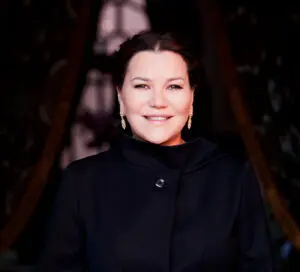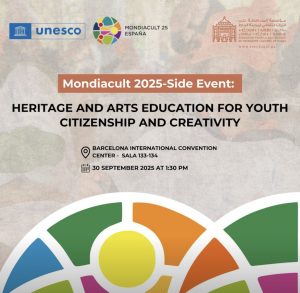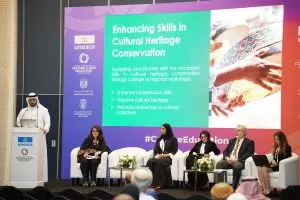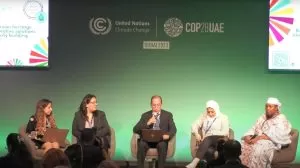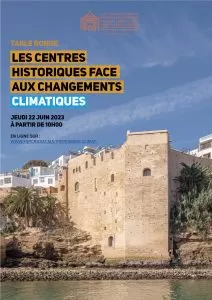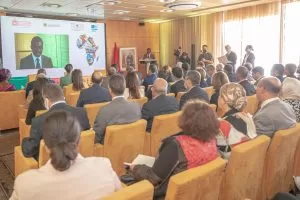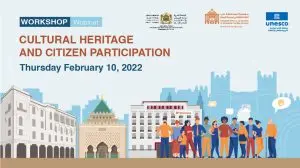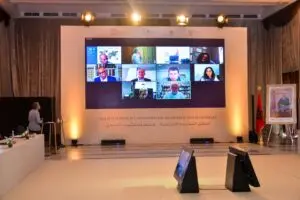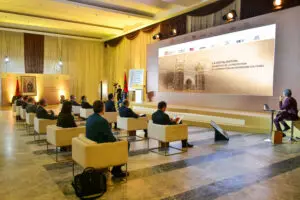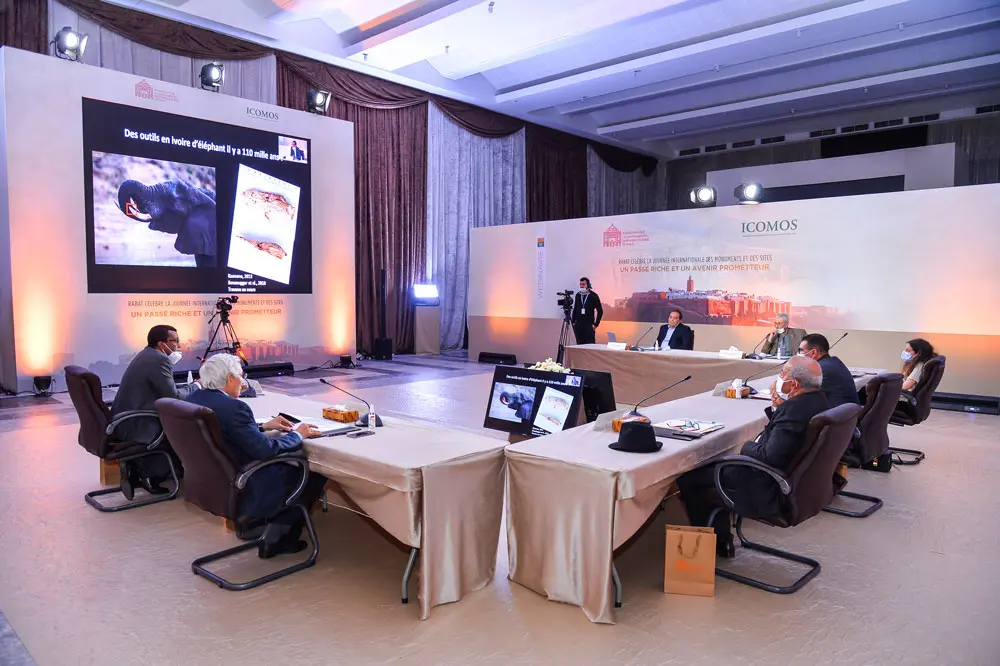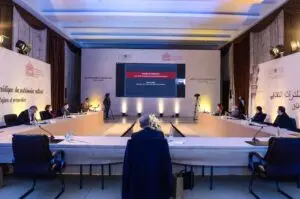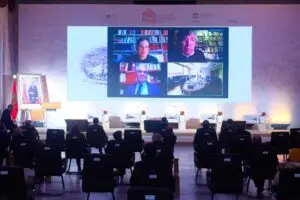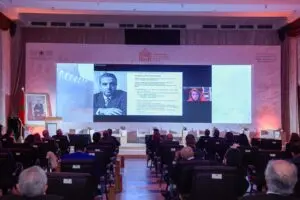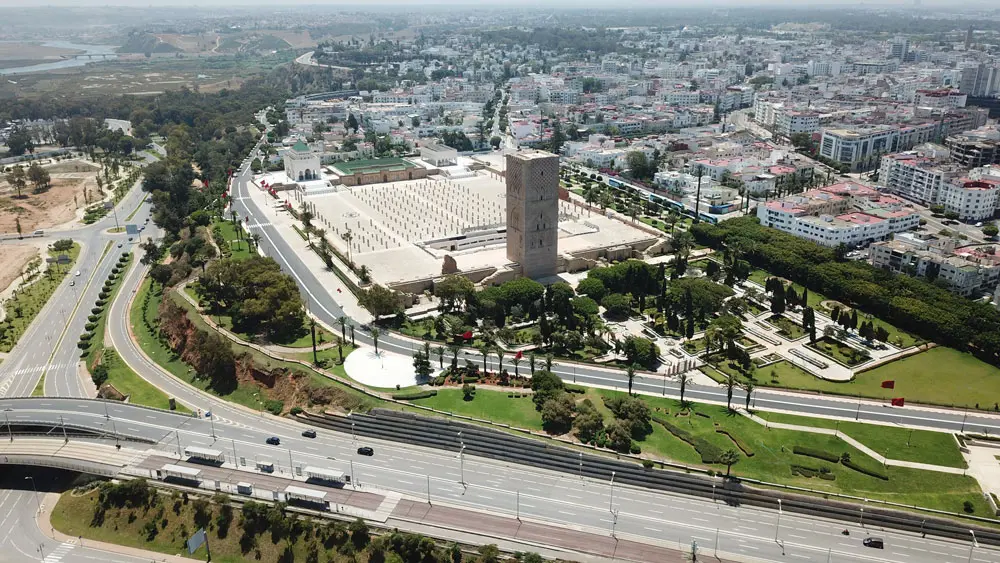As part of the “Foundation Workshops” program, the Foundation for the Safeguarding of the Cultural Heritage of Rabat, chaired by Her Royal Highness Princess Lalla Hasnaa, organized, in partnership with UNESCO, the first workshop in the series “African Heritage Sites Facing Climate Change” in line with the Policy Document on climate action for World Heritage adopted in 2023 by the General Assembly of States Parties to the World Heritage Convention. This workshop took place online on December 12, 2024, at 11:00 AM (CET) via the Zoom platform and gathered over 300 participants.
African Heritage Sites Facing Climate Change is a series of workshops and capacity-building sessions launched by the Foundation for the Safeguarding of Cultural Heritage in Rabat, in partnership with the UNESCO World Heritage Centre. This initiative is aimed at site managers, mentees, experts, representatives of civil society, institutional stakeholders, cultural heritage professionals, and young Africans. It seeks to address various aspects of climate change impacts on African heritage, in line with the Policy document on climate action for world heritage adopted in 2023 by the General Assembly of States Parties to the World Heritage Convention.
The primary objective is to enhance the capacity of these sites to continue conveying their Outstanding Universal Value while supporting sustainable development. This initiative contributes to the effective implementation of Flagship Programme 3 of the Operational Strategy for Priority Africa, focusing on capacity-building in the management and conservation of African heritage sites. This includes sites already inscribed, proposed for inscription, or considered for removal from the List of World Heritage in Danger, which have increasingly faced threats from climate change in recent years.
Workshop 1: Policy document on climate action for world heritage: Towards Sustainable and Resilient Management of African Heritage
This introductory workshop focuses on the Policy document on climate action for world heritage and aims to familiarize participants with the recommendations and guidelines designed to manage the impacts of climate change on heritage sites.
By exploring UNESCO’s recommended adaptation and mitigation measures, the workshop highlighted the importance of implementing sustainable management strategies that respect the Outstanding Universal Value of these sites. Participants were invited to consider how to integrate these guidelines into the conservation of African heritage sites by incorporating local and traditional practices, enhancing resilience to climate risks, and developing sustainable policies.
This workshop served as a crucial step toward designing concrete, tailored strategies to ensure the transmission of African heritage sites to future generations.
Objective 4 of the Policy document on climate action for world heritage emphasizes the importance of knowledge sharing, capacity-building, and awareness-raising to address the challenges posed by climate change on heritage sites. In this context, organizing thematic meetings and workshops becomes an essential approach.
These events provide a collaborative platform for disseminating best practices, exchanging expertise, and strengthening the skills of site managers, experts, and local communities. They also facilitate the development of concrete adaptation and mitigation strategies while raising awareness of the need to protect these sites from climate impacts.
“The workshop was held in French and English, with simultaneous interpretation provided to ensure that all participants could follow in their preferred language.”
